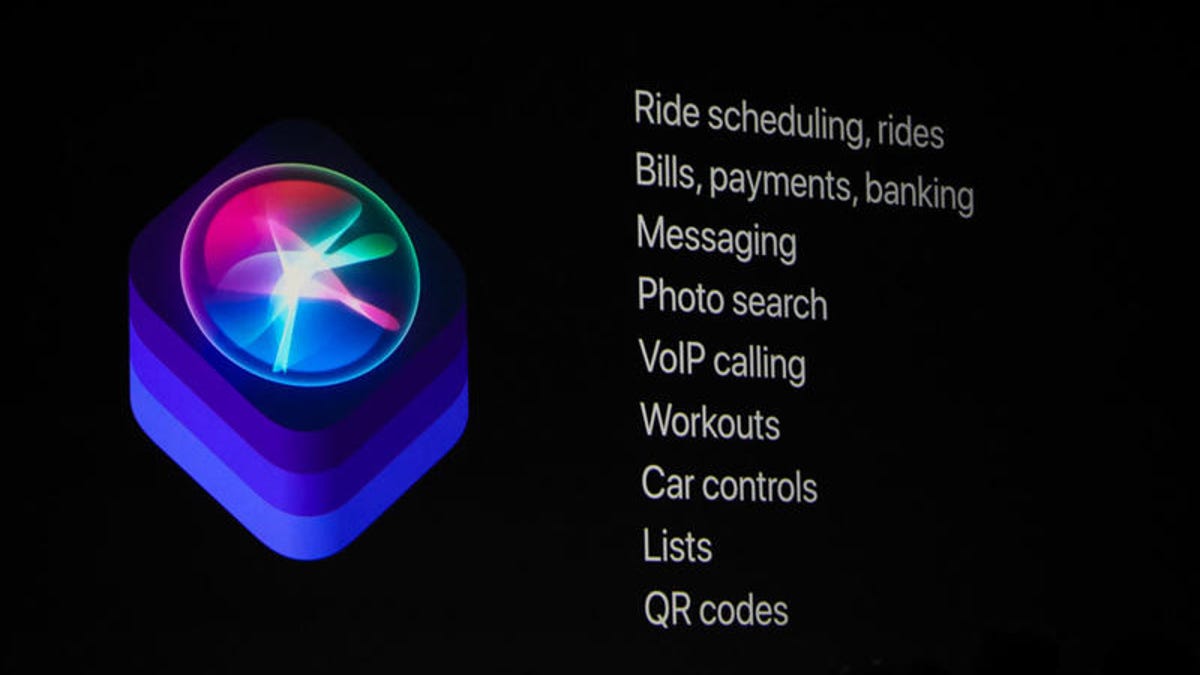How Apple uses AI to make Siri sound more human
Research papers published by Apple detail the company's machine-learning technology. Also: Apple auditioned hundreds of candidates for Siri's new voice.

New features coming to Siri in iOS 11.
I remember my roommate, way back in 1986, laboriously stringing together phonemes with Apple 's Macintalk software to get his Mac to utter a few sentences. It was pioneering at the time -- anybody else remember the Talking Moose's jokes?
But boy, have things improved since then. Publishing a new round of papers on its new machine learning journal, Apple showed off how its AI technology has improved the voice of its Siri digital assistant. To hear how the voice has improved from iOS 9 to iOS 10 to the forthcoming iOS 11 , check the samples at the end of the paper.
It's clear we'll like iOS 11 better. "The new voices were rated clearly better in comparison to the old ones," Apple's Siri team said in the paper.
Apple is famous for its secrecy (though plenty of details about future iPhones slip out), but with machine learning, it's letting its engineers show what's behind the curtain. There are plenty of barriers to copying technology -- patents, expertise -- but Apple publishing papers on its research could help the tech industry advance the state of the art faster.
Facebook, Google, Microsoft and other AI leaders already share a lot of their own work, too -- something that can help motivate engineers and researchers eager for recognition.
Siri will sound different when Apple's new iPhone and iPad software arrives in a few weeks.
In iOS 11, Apple's Siri digital assistant uses multiple layers of processing with technology called a neural network to understand what humans say and to get iPhones to speak in a more natural voice.
"For iOS 11, we chose a new female voice talent with the goal of improving the naturalness, personality, and expressivity of Siri's voice," Apple said. "We evaluated hundreds of candidates before choosing the best one. Then, we recorded over 20 hours of speech and built a new TTS [text-to-speech] voice using the new deep learning based TTS technology."
Like its biggest competitors, Apple uses rapidly evolving technology called machine learning for making its computing devices better able to understand what we humans want and better able to supply it in a form we humans can understand. A big part of machine learning these days is technology called neural networks that are trained with real-world data -- thousands of labeled photos, for example, to build an innate understanding of what a cat looks like.
These neural networks are behind the new Siri voice. They're also used to figure out when to show dates in familiar formats and teach Siri how to understand new languages even with poor-quality audio.
It's hard to say, though, what Siri might make of that Talking Moose.
The Smartest Stuff: Innovators are thinking up new ways to make you, and the things around you, smarter.
Does the Mac still matter? Apple execs explain why the MacBook Pro was over four years in the making, and why we should care.

